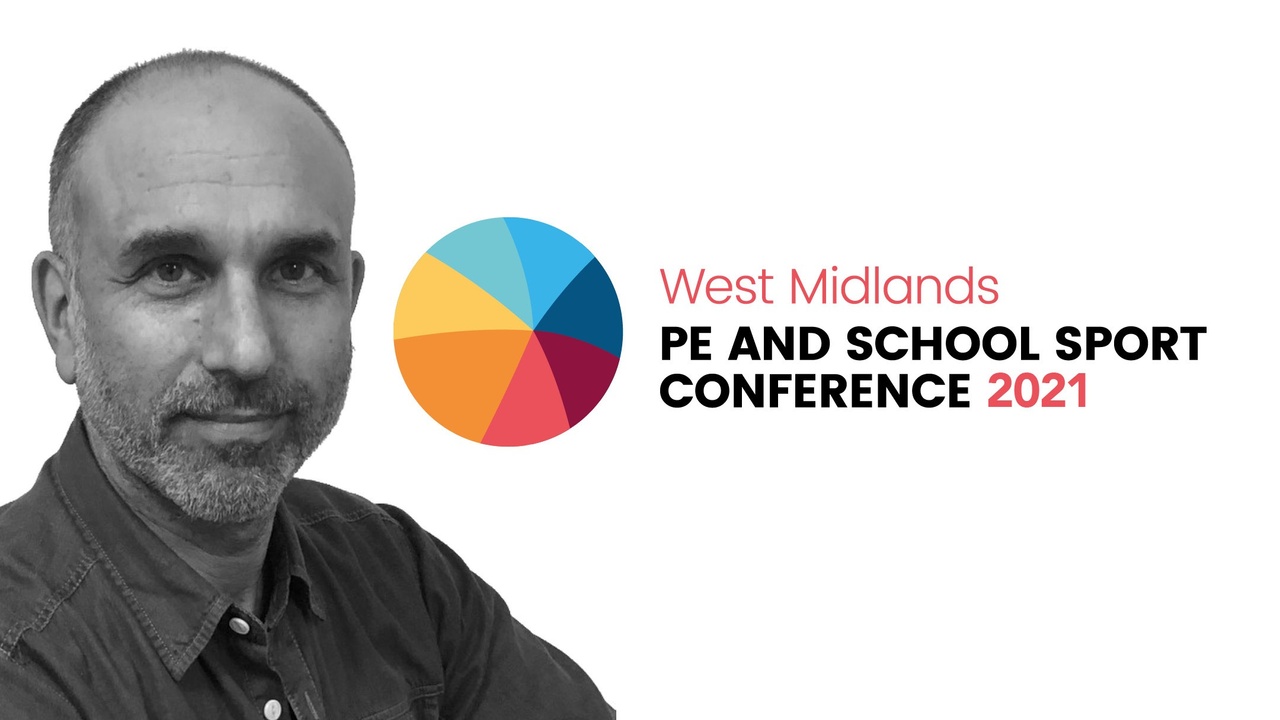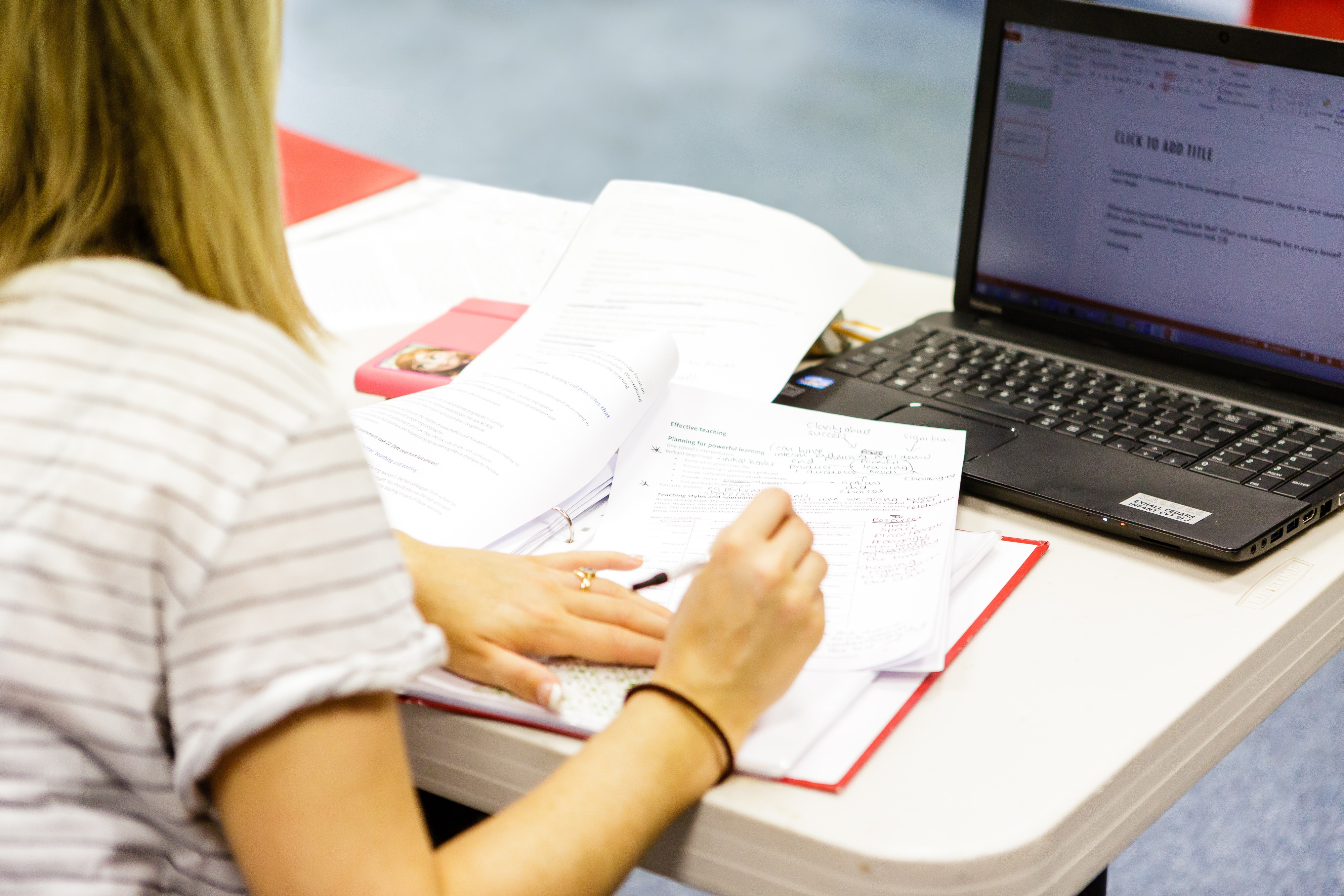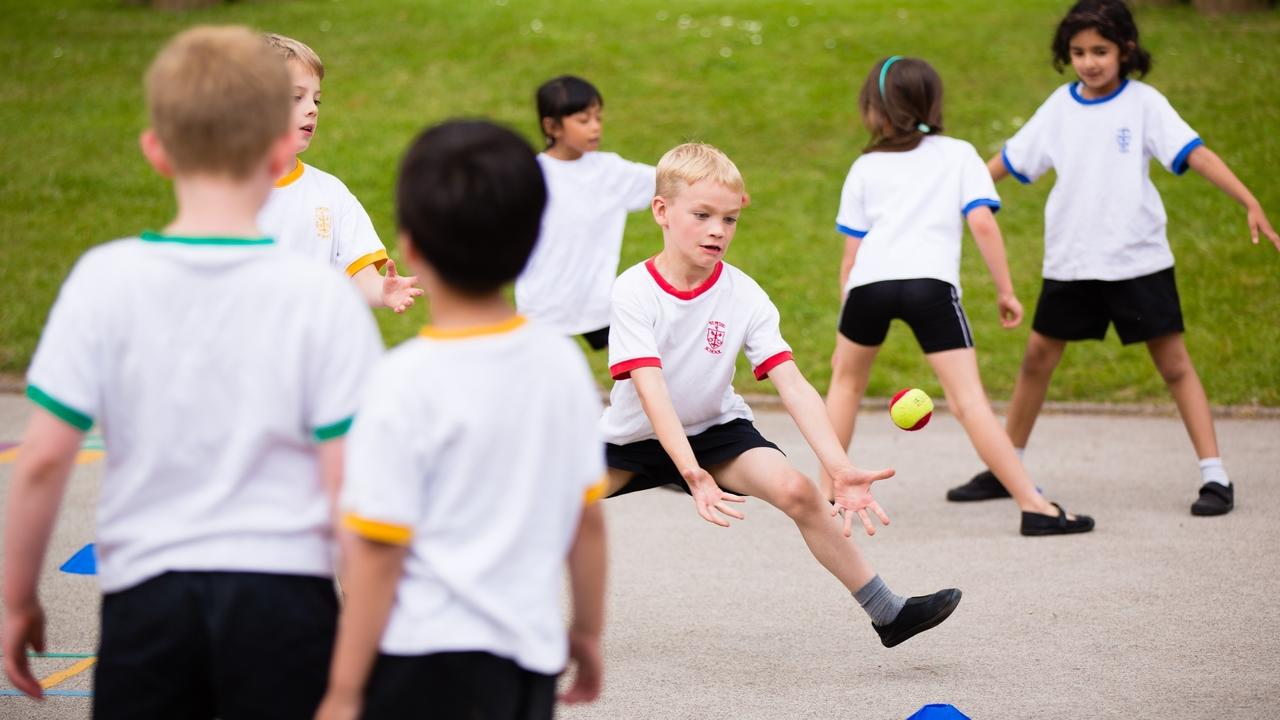New qualification: 1st4sport Level 2 Certificate in Coaching Multi-Skills Development in Sport

For most people, professional development means building new skills, enhancing performance and unlocking opportunities. For teachers and coaches, it means all those things and more.
Because when you’re boosting children’s physical and mental health, expanding your knowledge base doesn’t just benefit you. It gives pupils a better start in life.
According to Sport England, physically literate children are more likely to be active for the long term – but more than half of children aged five to 15 in England aren’t doing the recommended daily amount of exercise.
For many pupils, school provides the mainstay of their physical activity. It’s where they learn Fundamental Movement Skills – from balancing to throwing a ball – that blossom into sporting talents and vital life tools like teamwork and taking part. It’s also where they discover the power of play.
As an educator, the wider your skillset, the better your odds of sparking lasting connections to sport. A solid foundation ac...
S3 Ep4 – The Primary PE Huddle: “My PE teachers were my heroes”
This week on the podcast we welcome United Learning’s Head of Sport Shaun Dowling.
Who is Shaun Dowling?
Shaun is Head of Sport at United Learning, a national group of primary, secondary and all-through schools across the state and independent sectors. As Head of Sport, Shaun supports Heads of PE and Directors of Sport in further improving the quality of their PE curriculum, school sport programmes and physical activity provision; Shaun ensures they’re using the power of sport to assist young people with their wider educational development.
Shaun is a former Head of PE and Director of Specialism, having progressed to Deputy Headship in two specialist sports colleges.
Having trained at the West Sussex Institute of Higher Education, Shaun later gained his MA(Ed) from Southampton University. He achieved his NPQH before the opportunity arose to undertake a national role in the education team at the Youth Sport Trust (YST).
Shaun’s extensive experience also includes:
- Curricu...
"Once you’ve got the ear of SLT, then it’s about delivering on your promises"
This week on the podcast we’re joined by primary school PE lead John Haycock.
Who is John Haycock?
John has been a teacher at Chilcote primary school for 11 years, both as PE and class teacher.
Joining the school with a view to take over PE, John completed his NQT and became PE lead in his second year. 10 years on, John’s passion for sport and physical activity combined with his drive has put PE, school sport and physical activity at the heart of school life
What’s discussed in the episode?
- Where to go to get support as a PE lead
- The role of a PE lead over the last 10 years
- Observing lessons - best practice
- Making PE and physical activity the heart of school life
- Helping children to become young leaders
- Opportunities for those less active
- Split role as a class teacher and a PE lead
WMPESS Conference: Final keynote speaker announcement

This year's WMPESS conference will be held on 12th November in Edgbaston. For those who have been following the journey of this exciting event, you will probably know that two of our keynote speakers have already been announced. Our final keynote speaker for this year's conference has now been confirmed and we are delighted to announce that Greg Dryer will be presenting on 'Supporting all your pupils in developing a physical activity habit'.
In this keynote you will have a chance to think about:
- The key messages children hear about physical activity and whether or not they are effective
- How we might be able to present physical activity in a more inclusive way to support more children
- How this would play out in curriculum content and in school sport and physical activity
Greg will also be leading a workshop: Defining (and staying in) our lane.
He explains: “Physical education, school sport and physical activity is pulled from pillar to post by policy makers, the media and ...
Where can primary school teachers access on-demand CPD for outstanding PE?

Continued Professional Development (CPD) makes several appearances in 7 top tips for spending the Primary PE and Sport Premium.
(Shout-out to the Association for Physical Education (afPE), Youth Sport Trust and Active Partnerships for putting this together.)
Why is CPD a sustainable use of the primary PE and sport premium?
CPD directly relates to point three of DfE’s five key indicators of effective PE and sport premium spending. But, when you look at the other four, it’s clear that CPD can contribute to achieving all five.
By increasing the confidence, knowledge and skills of all staff in teaching PE and sport:
- more children can be engaged in regular physical activity
- the profile of PE and sport can be raised across the school as a tool for whole-school improvement
- broader experience of a range of sports and activities can be offered
- and increased participation in competitive sport can be achieved.
It all starts with confident, knowledgeable and skilful teac...
How do you design a physical curriculum for your primary school?
Design your primary school’s physical curriculum with this easy-to-use process.
A process based around Ofsted’s new inspection framework which Crichton Casbon, internationally recognised expert in the physical curriculum, will take you through in the webinar:
The Importance of a Powerful Physical Curriculum
Thursday 26th November at 4pm
Join Crichton and Dan Hays, Development Executive at Aspire, as they chat live about the effectiveness of a quality physical curriculum and give you the steps to achieve this at your primary school.
Save your seat here!
What you will learn:
- The steps of setting out intentions for your children – what you want children to learn and become as young people
- How to use the four tools available to you to implement your physical curriculum – Time, Place, People and Pedagogy
- How to measure and build on your impact with a simple 6-step process
Plus, all delegates that sign up and join us for the webinar will receive two FREE res...
How can primary schools spend the PE and Sport Premium effectively?

School is many children’s only chance to be active.
And being in the midst of a pandemic in which restrictions abound, this is ever more pressing.
Lockdown number one saw a drastic drop in children’s activity levels, with only 19% meeting the recommended 1 hour of physical activity per day.
Since returning to school in September, children have been 47% more physically active.
As we write this, however, we’ve entered lockdown number two spanning November and edging into December.
Lockdown two has one significant difference though, schools are to remain open. But, with sports clubs closing and time outside limited, the pressure on schools to keep children’s activity levels up weighs heavy.
To support schools, the Association for Physical Education (afPE), Active Partnerships and Youth Sport Trust have put together 'Covid-19 and school funding: 7 top tips for spending the Primary PE and Sport Premium'. Used effectively, this funding has the potential to support and significantly im...


